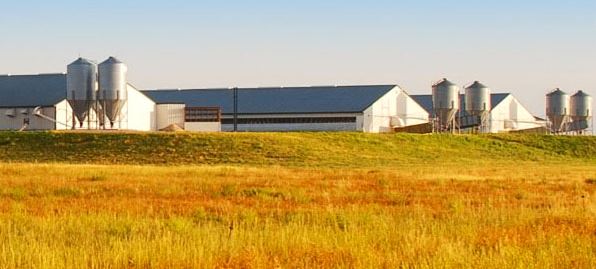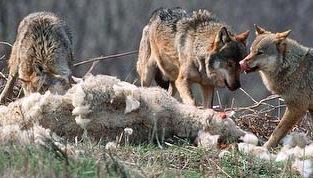
Cows are getting a bad rap and it’s time to set the record straight: Giving up meat won’t save the planet
Frank Mitloehner
The Conversation, Business Insider
- Advocates urge the public to eat less meat to save the environment— some activists have called for taxing meat to reduce consumption of it.
- This misconception comes from a UN report that claimed livestock was doing more to harm the climate than all modes of transportation combined.
- The report was proven incorrect and further studies showed that even if Americans eliminated all animal protein from their diets, they would reduce US greenhouse gas emissions by only 2.6%.
As the scale and impacts of climate change become increasingly alarming, meat is a popular target for action. Advocates urge the public to eat less meat to save the environment. Some activists have called for taxing meat to reduce consumption of it.
A key claim underlying these arguments holds that globally, meat production generates more greenhouse gases than the entire transportation sector. However, this claim is demonstrably wrong, as I will show. And its persistence has led to false assumptions about the linkage between meat and climate change.
My research focuses on ways in which animal agriculture affects air quality and climate change. In my view, there are many reasons for either choosing animal protein or opting for a vegetarian selection.However, foregoing meat and meat products is not the environmental panacea many would have us believe. And if taken to an extreme, it also could have harmful nutritional consequences.
Setting the record straight on meat and greenhouse gases
A healthy portion of meat’s bad rap centers on the assertion that livestock is the largest source of greenhouse gases worldwide. For example, a 2009 analysis published by the Washington, DC-based Worldwatch Institute asserted that 51% of global GHG emissions come from rearing and processing livestock.
According to the US Environmental Protection Agency, the largest sources of US GHG emissions in 2016 were electricity production (28% of total emissions), transportation (28%) and industry (22%). All of agriculture accounted for a total of 9%. All of animal agriculture contributes less than half of this amount, representing 3.9% of total US greenhouse gas emissions.
That’s very different from claiming livestock represents as much or more than transportation.
Why the misconception? In 2006 the United Nations Food and Agriculture Organization published a study titled “Livestock’s Long Shadow,” which received widespread international attention. It stated that livestock produced a staggering 18% of the world’s greenhouse gas emissions.




Maybe the UN wants to starve all of us to death.
Actually, it’s Grazing that Saves the Planet.
Because it’s Grazing Action that makes brittle environments Wetter.
Sooo, eat more meat…run more grazers to raise the meat.
Cattle, elk, sheep, goats, buffalo, etc etc etc…